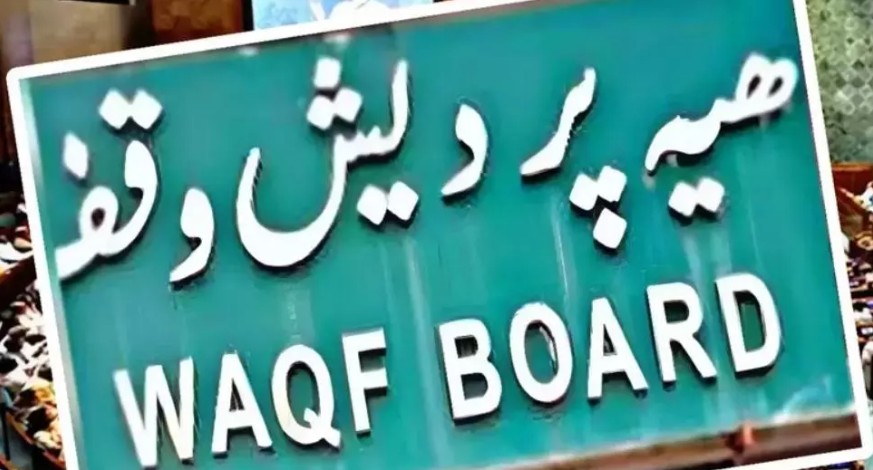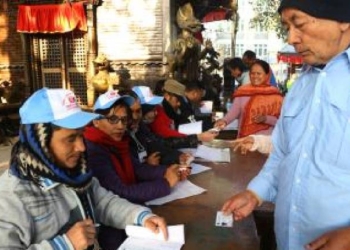Bhopal: The Madhya Pradesh government has started the digitisation process of documents related with Waqf properties located in different parts of the state, a senior official told IANS on Thursday.
The initiative of digitisation process is being implemented by the Minority Welfare Department in collaboration with the Revenue Department of Madhya Pradesh government.
The multi-phase process, which includes identification, verification, and digitisation of properties has been initiated as mandated by the Waqf Amendment Act- 2025.
This verification process aims to assess the status of tenancy and occupation of these properties, a senior official associated with the state’s Revenue Department said, claiming that Madhya Pradesh is emerging as a model state in the digitisation of Waqf properties.
The official told that a total of 15,003 Waqf properties have been verified in the state through multiple rounds of physical surveys and verifying the documents pertaining to those properties located in 11 districts across the state.
“In the first phase, the Waqf Board has verified the digitised records. In the second phase, the Revenue Department is conducting district-level verification,” the official added.
He also told that 2,425 properties have been verified till now by the State Revenue Department out of the total digitised properties.
“An analysis of the digitisation of the total number of Waqf properties in the 11 districts across the state, with the highest number of such properties in Madhya Pradesh which reveals that the process has been successfully completed,” the official said.
The verification of properties has been completed in the districts such as Ujjain, Vidisha, Bhopal, Shajapur, Sehore, Raisen, Indore, Dhar, Burhanpur, Dewas, and Mandsaur.
According to the state government’s data, Ujjain has 1,054 Waqf properties, Vidisha — 929, Bhopal — 816, Shajapur — 801, Sehore — 699, Raisen — 665, Indore — 645, Dhar — 638, Burhanpur — 573, Dewas — 572, and Mandsaur district — 528.
The Waqf (Amendment) Act, 2025, came into force on April 8, 2025, after the President Droupadi Murmu gave her assent to the Bill after it was approved from the Parliament.
This amendment to the Waqf Act of 1995 aims to streamline the management of Waqf properties and enhance transparency and accountability.
The Act also introduces changes to the composition of Waqf Boards and expands government control over Waqf properties.
The legislation also aims to improve governance by enhancing transparency in property management, streamlining coordination between Waqf Boards and local authorities and protecting stakeholders’ rights.
(IANS)
















